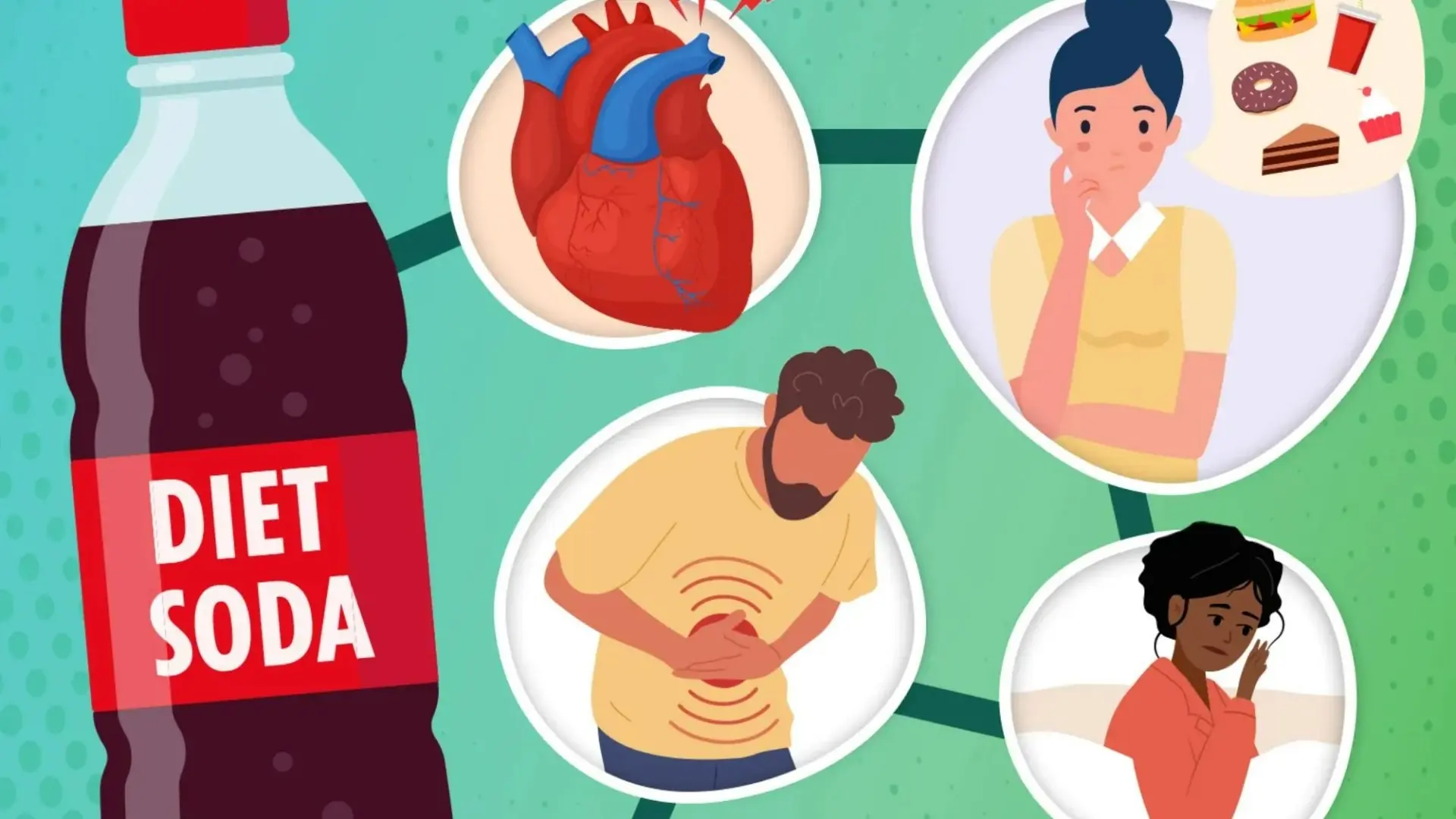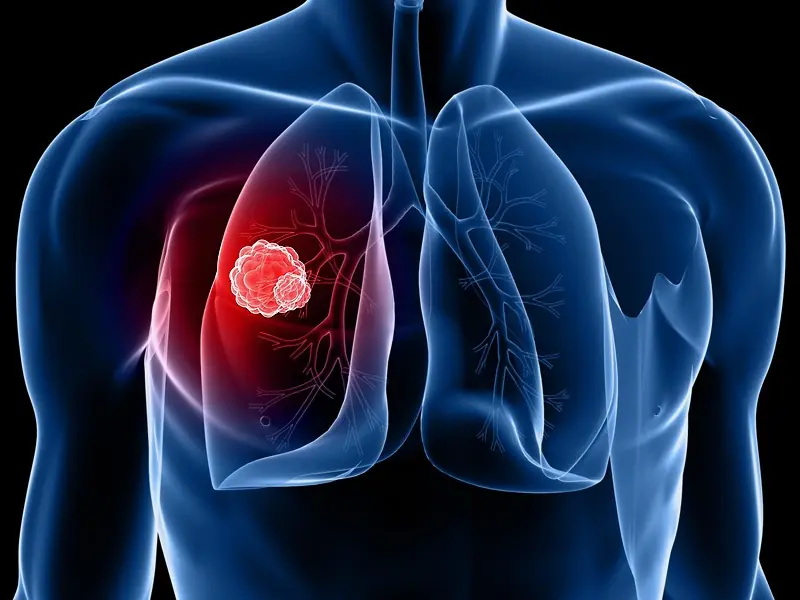
10 Cancer Warning Signs Women Often Overlook
Cancer is one of the leading causes of death worldwide, and while some warning signs are well known, many women tend to overlook or dismiss subtle symptoms that could indicate the presence of cancer. Often, these signs are attributed to everyday stress, hormonal changes, or other less serious health conditions. However, early detection is crucial in the fight against cancer, as the earlier it is diagnosed, the better the chances of successful treatment. Being aware of the signs and understanding when to seek medical advice can make all the difference. Below are 10 cancer warning signs that women often overlook.

1. Unexplained Weight Loss
While weight loss is often seen as a positive outcome for many, sudden or unexplained weight loss can be a red flag for certain cancers, particularly those affecting the stomach, pancreas, lungs, or esophagus. If you experience significant weight loss without changing your diet or exercise habits, it is important to consult a doctor, as this could be an early sign of cancer that requires investigation.
2. Persistent Fatigue
Feeling tired after a long day is common, but persistent fatigue that doesn’t improve with rest could be a sign of something more serious. Unexplained fatigue is often associated with cancers such as leukemia, colon cancer, or ovarian cancer. It is important to note whether the fatigue is unusual in intensity or duration, especially if accompanied by other symptoms like pain or weight loss.
3. Changes in Skin Appearance
Changes in the skin, such as the appearance of new moles, growths, or a change in the appearance of existing moles, should not be ignored. Melanoma, a type of skin cancer, often manifests in this way. Any skin lesion that changes shape, color, or size, or begins to bleed, itch, or become painful, should be examined by a healthcare professional as soon as possible.
4. Unexplained Pain
While occasional aches and pains are normal, persistent or unexplained pain can be a symptom of cancer. Pain in the back, abdomen, or pelvis, especially when it is constant and not related to physical activity, may be a sign of an internal cancer, such as ovarian or pancreatic cancer. If the pain persists for weeks and does not respond to over-the-counter medications, it’s important to seek medical attention.
5. Abnormal Bleeding or Discharge
Abnormal bleeding is one of the most important warning signs of certain types of cancer. For women, this could mean irregular vaginal bleeding, bleeding between periods, or postmenopausal bleeding, which could be indicative of cervical, endometrial, or uterine cancer. Unexplained bloody stools, urine, or persistent coughing up blood could also be signs of colon, kidney, or lung cancer, respectively.
6. Changes in Bowel or Bladder Habits
Any changes in bowel or bladder habits should be taken seriously, especially if they persist. Difficulty urinating, frequent urination, or blood in the urine may be signs of bladder or kidney cancer. Similarly, changes in bowel habits, such as persistent diarrhea or constipation, or blood in the stool, may indicate colorectal cancer. If these symptoms are unexplained and last for a few weeks, it is essential to see a doctor.
7. Unexplained Lumps or Swelling
The appearance of a lump or swelling in the breast, armpit, or groin should never be ignored, especially if it is new or changes in size. While many lumps are benign, they can also indicate breast cancer or lymphoma. If you notice any unusual lumps, particularly if they are hard, immovable, or painful, it’s crucial to have them examined by a healthcare professional.
8. Persistent Cough or Hoarseness
A persistent cough that doesn’t go away, or hoarseness that lasts for more than a few weeks, may be indicative of lung or throat cancer. This is especially true if the cough is accompanied by blood or unexplained weight loss. If the cough doesn’t improve with treatment or if it interferes with daily life, it is important to seek medical advice.
9. Difficulty Swallowing or Loss of Appetite
Difficulty swallowing, a feeling of food being stuck in the throat, or persistent indigestion can be signs of esophageal, stomach, or throat cancer. In combination with a sudden loss of appetite or feeling full after eating only a small amount, these symptoms can be particularly concerning. Women should pay attention to any persistent changes in their eating habits or swallowing function.
10. Changes in the Mouth
For women who smoke or use tobacco products, changes in the mouth, such as sores that do not heal, white or red patches inside the mouth, or difficulty chewing or swallowing, should be taken seriously. These could be early signs of oral or throat cancer. Regular dental checkups are crucial, as dentists can often spot signs of oral cancer in its early stages, even before symptoms are noticeable to the patient.

Conclusion
Although many of these symptoms can be attributed to less serious conditions, it’s essential to be proactive about your health and pay attention to any changes in your body. Ignoring warning signs can delay diagnosis and reduce the chances of successful treatment. Early detection is key when it comes to cancer, so if you notice any of these signs, don’t hesitate to seek medical advice. A thorough evaluation by a healthcare professional, along with timely tests, can help ensure that any potential health concerns are identified and addressed promptly. Taking charge of your health and being vigilant about changes in your body is one of the most important steps in protecting yourself against cancer.
News in the same category


Getting up to pee often in the night could be a symptom linked to heart failure, research says

Things That No One Ever Tells You About Being A Functional Alcoholic

Natural Remedies for Sore Throat and Infections: Detailed Recipes, Tips, and More

To Know If Your Internal Organs Are Infected, Just Look at Your Feet. If There Are 3 Signs, You Need to Go to the Emergency Room

Natural Remedies for Snoring: How Leaves Can Help You Sleep Better

The Incredible Health Benefits of Bitter Melon Leaves

Unlock the Secret Power of Guava Leaves: Transform Your Hair, Skin, and Health Naturally

A Single Tomato Has Over 12,000 More Genes Than a Human

Growing Organs from Your Own Cells

RESEARCHERS FIND CANCER UNDO BUTTON, TURNING TUMOR CELLS BACK INTO NORMAL CELLS

WHEN YOU DON'T SLEEP WELL, YOUR BRAIN LITERALLY BEGINS EATING ITSELF

Neurologist Reveals The Single Scariest Thing People Are Doing To Their Brains

15 Incredible Benefits of Castor Leaves for Men and Women Over 30

Whiten Teeth With Carrot Ends Brings Surprising Benefits You’ll Love

Rosemary contains a compound that can help fight Alzheimer's disease

Raw Garlic Before Bed? Here’s What It Does to Your Body!

8 Detrimental Effects Soda Can Have On Your Body

20 Early Warning Signs of Cancer You Should Never Ignore
News Post

One year ago: Discovering the Hidden Potential of Basil Flowers – Everything You Can Do With Them.

How dare you even touch the patient

My mother-in-law, who works with me, humiliated me in front of the entire office

The experienced doctor was only hired as a nurse after prison

If the future mother-in-law had known that the groom was from a wealthy family

She hadn’t even managed to say “I do!” at the registry office

Her mother-in-law opened the box, peered inside, and blushed

Quiet Ksyusha told all her husband’s relatives off with a few choice words

After the betrayal by his wife and his so-called friends

So, according to you, is it normal to rummage through a purse

Mom, you’re just a pauper!» Pashka shouted, slamming the door of his room.

Blind herbalist from a remote village lost her gift of speech

The terminally ill son of wealthy parents married a naive girl, and she took him

Vera couldn’t take her eyes off the sign that read “Operating Room.”

Getting up to pee often in the night could be a symptom linked to heart failure, research says

Having arrived to visit her sister 30 minutes early, Vera dashed into the house and froze at what she saw.

Things That No One Ever Tells You About Being A Functional Alcoholic

Natural Remedies for Sore Throat and Infections: Detailed Recipes, Tips, and More
